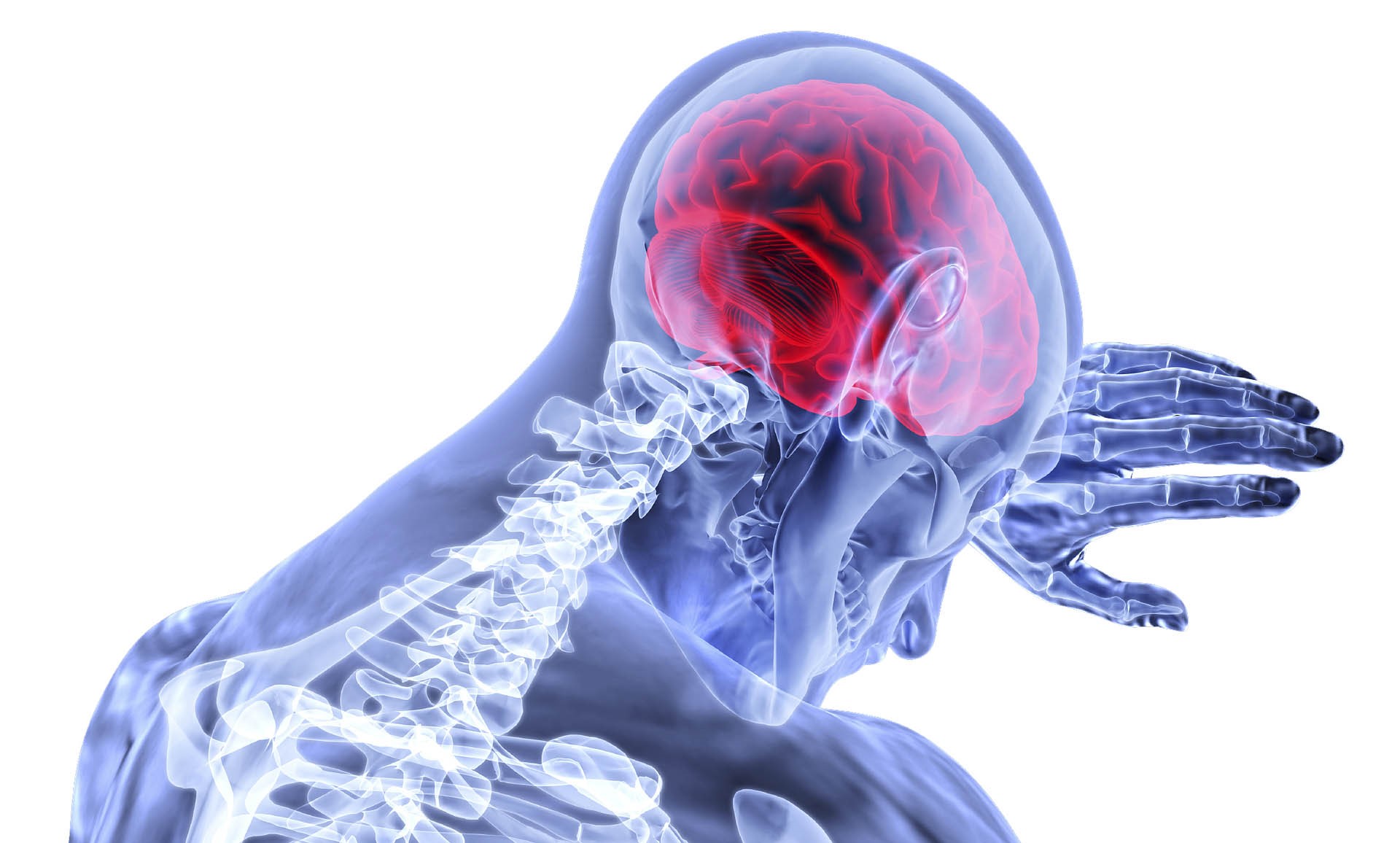I recently happened upon a news article about a medical study that found a cellular function related to dementia. I’m always interested in the science behind how the brain operates because I know our neurochemistry is very complex. I truly enjoy medical reports like this one because when I meet with families and try to help them understand the world that their loved one is living in, I sometimes have to talk about brain function.
The study, from Keck School of Medicine of USC study published in Nature Medicine, reported:
- There’s a mechanism that hinders the number of “cellular janitors” in the nervous system.
- This leads to heightened risk for frontotemporal dementia.
- A mutation in a gene called C9ORF72 leads to nerve cell toxicity.
- It causes 10 percent of all cases of ALS, and around a 10 percent increase of frontotemporal dementia.
Yingxiao “TK” Shi and Shaoyu Sebastian Lin in the Justin Ichida Laboratory at USC, described this:
“The C9 protein is required to construct the janitors of the cells, which are the lysosomes, and without them you have buildup of proteins in the cell that become a kind of toxic agent that causes the cells to die.”
When we try to break down exactly what frontotemporal dementia is, it’s important to remember that there’s a level of nerve cell damage that results in the loss of brain function in the front temporal areas of the brain. This nerve cell damage alters behavior, personality, language and more.
I think talking about brain function is critical to us understanding what’s happening on a physical and cellular level for Alzheimer’s and dementia patients. I also believe that if we connect our hearts to what’s happening inside of their body, it helps us feel what they may be feeling like. Doing this gives us an emotional advantage to be able to handle those changes, should they happen minute by minute, or day by day.
There are so many times that I’ve had family members describe feeling hurt that their loved one isn’t acting or behaving the same way they used to. Verbal conversation changes, thoughts, ideas, and behaviors can all be challenging, especially if we aren’t prepared to accept that these changes are inevitable and due to cellular brain function. Caretakers who feel confused or stressed by this should know that their feelings are completely natural and expected; however, when we take time to see there’s a logical physical change happening in the brain, it can often bring us objectivity. This objective viewpoint can help caretakers advance to a healthier emotional state that also gives them the stamina needed to provide loving care for an extended period of time.
Overall, the truth is that the brain does change and we need to recognize this and be empathetic to the different types of reality that those living with Alzheimer’s and dementia experience. We can’t fix, change, or stop it.
I encourage everybody who is involved with an Alzheimer’s or dementia patient to engage them as often as possible with love and joy because you just never know where they may be on the pendulum of their reality at that moment. If you can give them a minute of happiness, a second where you flash them a joyful smile, or fill their heart with the energy of love through a hug or holding their hand in silence, you’ll fill them with a blissful pleasure. Until science uncovers whether or not we lose the deep sense of love and joy that the soul feels, we should carry on believing love and joy are always within the heart —even if the memory is lost.
I spend a majority of my time focused on helping to enhance people’s skills on how to support families and individuals who are dealing with the many challenges of Alzheimer’s and dementia. Whether you work in a professional facility or would like a personalized community presentation, I’m here to create a greater understanding and valued experience for everyone who may be struggling with Alzheimer’s, dementia, or memory loss.
Please visit my trainings page to learn more about my supportive training programs.


